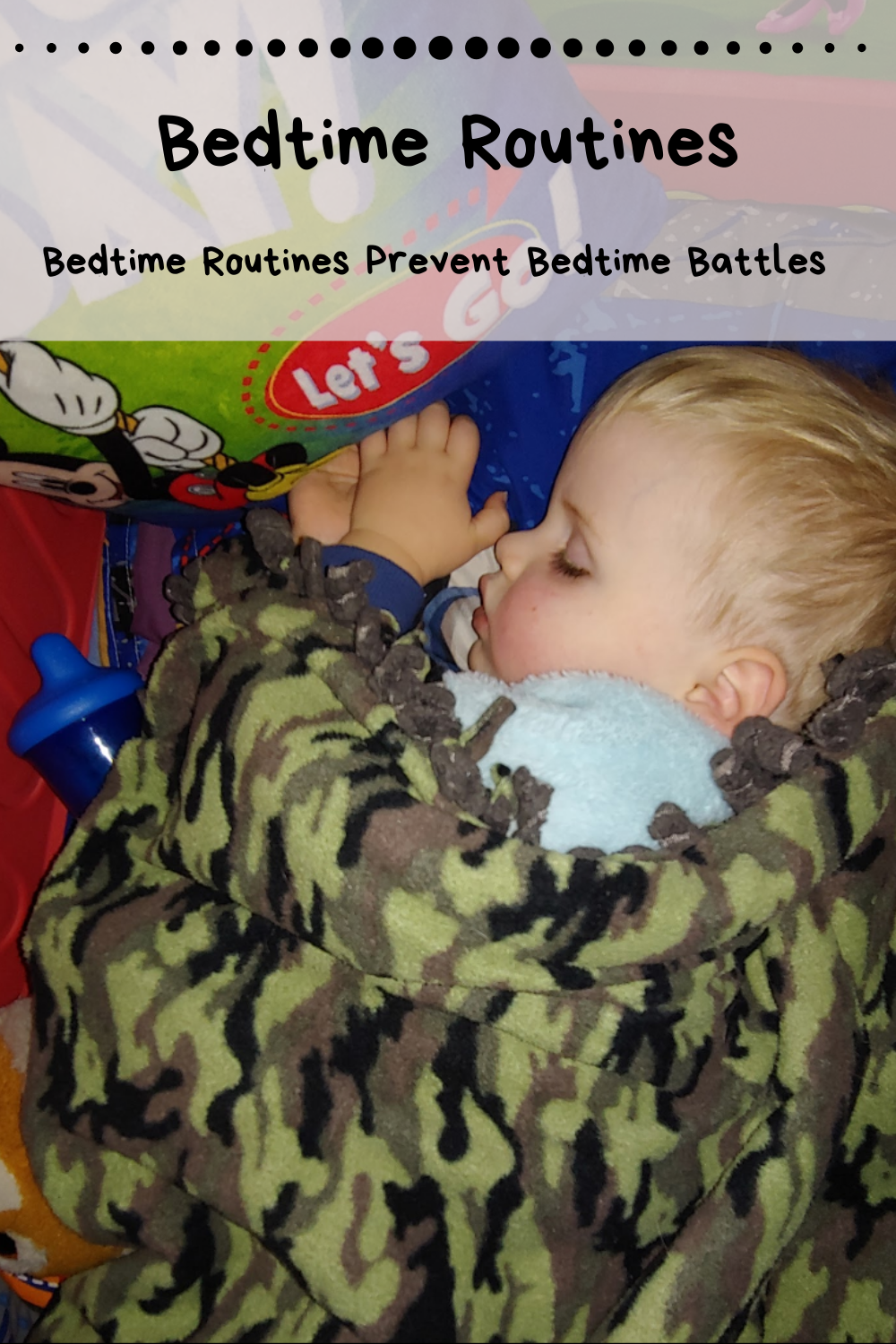
Sharing is caring!
For anybody that knows me, they know my eldest child DOES NOT SLEEP! No joke! Ever since she was a baby her sleep habits have been awful! It doesn’t seem to matter what we do, she is just not a sleeper! If she goes to bed at 6.30pm or 10.30pm, 4.30am and she is up! Wide awake and raring for the day to begin!
Now even though she is not a good sleeper, one area of sleep that we never have any problems with is bedtime! In her short 5 years of life I don’t think we have ever had a bedtime tantrum! And her brother (who thankfully does like to sleep! Yay 7am!) is no different. They both absolutely LOVE our bedtime routine and the process of going to bed.
I 100% attribute our lack of bedtime battles to our diligence to a bedtime routine. No matter what has happened in the day I ALWAYS carry out our bedtime routine. Sometimes we will do a slightly shortened version (1 book each, a jointly decided song for dancing etc), but our routine is always carried out. I have found that the tantrum that can potentially ensue if our routine is missed, takes far longer to calm down, than actually carrying out an abbreviated form of our routine!
We all know that children need their sleep, and lots of it. Sleep allows the brain to remember better and work more efficiently. It allows the body time to recuperate and grow, keeping the immune system strong. Children under the age of 5 need 12-14 hours of sleep each day (naps and evening sleep combined) and between the ages of 5 and 12 require 11 hours of sleep each night. A set bedtime and routine ensures they get what they need.
It is vital to prepare children for sleep by staying calm and taking control. Successful bedtime routines are consistently without drama, fun but calming and let everyone enjoy the night.
Preparing Children for Sleep
Preparing for sleep begins long before climbing into bed. Children must be taken from their full active awakened state into that deep restorative sleep of childhood in a gradual process. Children need warnings of what is coming next, predictable patterns that alleviate the stress of being powerless to control their own world, and an enjoyable routine that they love to participate in. A predictable, yet fun bedtime routine might include something like:
1. Warning children that they will be stopping what they are doing soon to get ready for bed. (I like to give a 10min, 5min and 1min warning)
2. A fun last release of energy. (In our house each child chooses a song for us to dance together to)
3. Providing an evening snack that must be eaten at the table calmly and quietly.
4. Brushing teeth, bathing, and putting on pajamas.
5. Engaging in a calm activity such reading and/or singing. (Each of my children choose 2 books and 1 song to sing)
6. Getting into bed and going to sleep.
As you can see our bedtime routine is quite time consuming! It takes between 60-90mins! However, my kids LOVE it! They love to dance, they love to read and they love to sing! So I put those activities in between the less desirable aspects of bedtime (bathing, teeth brushing etc), and it becomes a routine they look forward to and enjoy! Now your routine does not need to be this long, you need to find something that works for you and is sustainable night in, night out. It is the predictability and consistency that matter the most! However remember, a slightly longer routine gives your child ample transition time from go, go go……to it’s time to rest. ( We also have a condensed routine for occasions when our full routine is not possible. In this situation as a family we choose just 1 song to dance to, 1 book to read and 1 song to sing and our routine is completed in 30mins)
Activities to Avoid Before Bed
Each bedtime ritual will have its own series of soothing activities, but certain activities are not conducive to a tranquil transition into sleep. Allowing children to rough-house or run around is not a good idea right before bed. It is not the time for tickling or belly farts or jumping on the bed.
Too much sensory stimulation before bed makes it difficult to wind down into sleep. Avoid action movies, fast-paced cartoons, loud music or video games, or even better technology altogether! Toys with lights, sirens, or other engaging features need to be put away before the routine begins.
Preventing Bedtime Battles
Even with bedtime routines, children may put up a fight. It is important for parents to be consistent and calm. If parents view bedtime as a positive transition time, children will see it that way too. By including a child’s preferences in the routine, he will be invested in it as well.
Decisions children can make about their own bedtime rituals include:
Choosing the story to read and/or song to sing.
Choosing a favorite blanket or toy to take to bed. (no active toys)
Selecting special pajamas, toothbrush, or other bedtime objects.
Choosing a low nightlight.
Decisions children should not be allowed to make about bedtime:
When they go to bed. (a set bedtime helps a child’s bodyclock align)
If the light stays on (Dark tells the body it is time to sleep).
Keeping Kids in Bed
Even if children are disobeying and getting back out of bed or throwing a tantrum, it is important that parents remain calm. A parent who loses his cool will lose the bedtime battle. Consistency is the key. Children must be put calmly back to bed as many times as it takes to keep him there.
No discussion, no negotiating, and certainly no yelling, threatening, or spanking. Simply guide the child back to bed over and over again until he gives up. The older the child is and the longer he has been winning this battle, the harder it will be. Two parents are better than one in this instance because they can relieve each other. Eventually, the child will go to sleep.
The recurring theme in preparing for bed is to remain calm. Children respond to their environment. If parents work together to create a bedtime routine where the child receives positive attention, the child will build healthy bedtime habits. If parents become frustrated and allow the child to rough-house, stay up late, fall asleep on the couch, and make his own bedtime decisions, they just make it that much harder the next time they try. Maintaining a set bedtime and routine is just one valuable parenting tip to learn from parents’ past.
What do your bedtime routines look like? I’d love to hear in the comments.
Related Posts
The Importance Of Routines For Children
Routines are good for almost everyone, but children benefit the most from a bit of…
March 27, 2020
